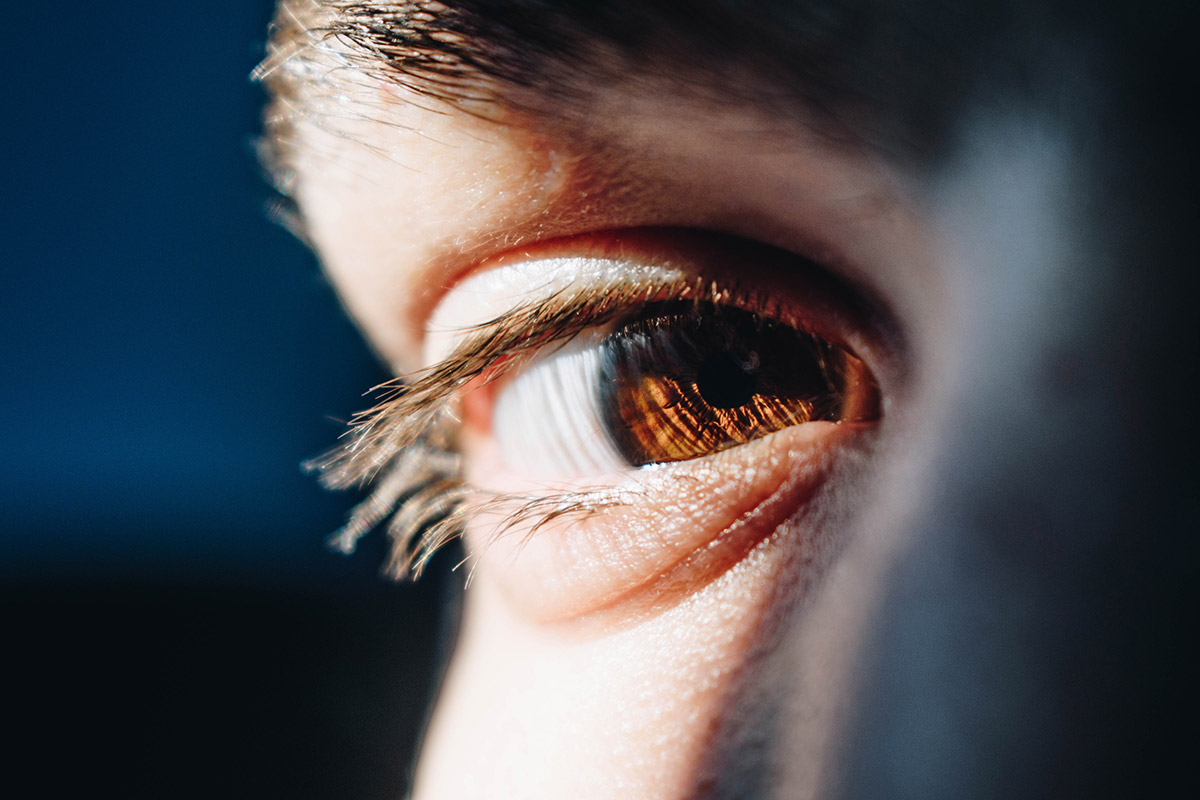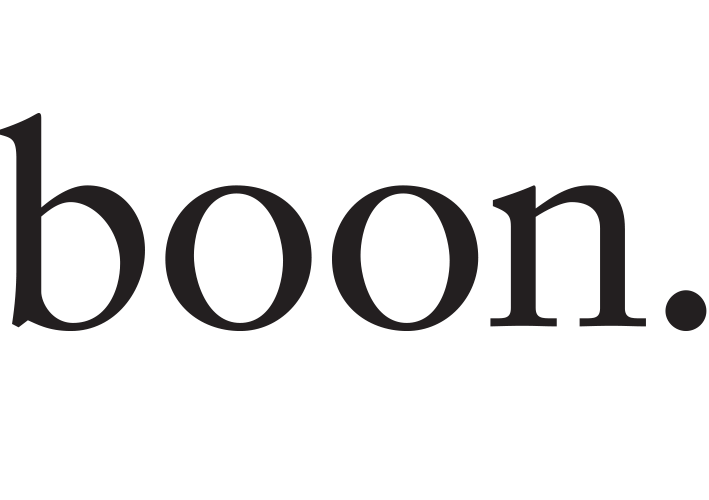
01 Dec Responding vs. Reacting
We all know plenty of situations when we got triggered and said something in the heat of the moment which we later regretted – and where afterwards we replayed the situation in our heads on what we could have said.
…could have… should have… – yet we didn’t.
We all have learned – through plenty of examples and experiences – that when we react at the time when we are at the mercy of our emotions (be it anger, frustration, disappointment, fear, etc.), we generally don’t get the result we were hoping for. We may feel better for a brief moment, but usually we find out that we just made the situation worse and at some point, need to back-paddle again to get into calmer waters and from there redirect the conversation into a productive direction. Be it with our partners, our kids or with our co-workers.
Yet, in spite of such rich experiential knowledge we find ourselves in that same situation time and again… Why?
We get triggered by a situation – it invokes an emotion, a familiar emotion – and if the trigger is strong enough, we automatically react with our familiar pattern (withdrawal, blame, judgment, aggression, freeze… etc.) – it is the same re-peat action we have taken many times before.
Our system activates from a place of memory – it is an automatic, learned reaction – we don’t need to think about it.
We act out of a stored habit from the past; we re-cycle the familiar.
Like the goalkeeper reacts in an instant to catch the ball and save the goal. It is learned behavior – programmed by many many repetitions.
It serves the purpose of protection.
We felt threatened, attacked, triggered – we react – and we shelter ourselves back in a place of safety. At least for a brief moment. Now we can breathe again…
The problem is, we don’t get out of the familiar cycle.
Reacting = Re-enacting the past
What if we had the ability to pause and breathe in the moment the trigger happened…?
Every time we get triggered, our physical body has an immediate reaction: We contract.
For a split second we stop breathing. We disconnect.
And usually we escape into our head – and the familiar program takes its course. At that point we haven’t only lost connection to our own centeredness, but definitely also to the other person we were speaking to. We are no longer in dialogue with them – at best, we are talking at them. We don’t feel them any longer. We don’t feel ourselves any longer.
However, if in the moment we get triggered, we decide to pause; we take a conscious breath, then we have opened the door to a whole range of new possibilities.
That one breath – that pause – to allow ourselves to look inside for even an instant – is the most critical choice we can make in such a moment.
If we have the capacity to stay with that, to breathe into that very emotion we are feeling at the moment, then we give ourselves a precious gift: The gift of time and space to come back to ourselves – to return to our center.
We now can notice what we actually feel.
We may feel anger, we may feel anxiety, we may feel frozen and contracted in our body.
All familiar feelings…
Even if it is just a few moments of stillness (which may seem like an eternity in such a situation), we become an active witness to instead of a passive victim of the emotion.
And from that place of centeredness, we now can respond.
To respond: from the Latin word respondere “answer to, promise in return,” from re- “back” + spondere “to pledge”. To promise in return.
So, a thoughtful, proper response shows ‘promise’. Looking back (re) and looking forward (spondere) is combined in one single word. Considering both the past and the future is apparently only possible, if we can pause and be in… the present.
In that moment of presence, we have the ability to simultaneously
a) be in the present – ‘what am I feeling right now?’ What is happening within me? (instead of ‘what is happening all around me, who is to blame, etc…)
b) briefly reflect on the past – ‘is this emotion familiar to me? how was this feeling within me way before the current situation?’
c) look at the future – ‘what intervention would be the most productive right now? How do we together resolve the issue at hand?’ and with that create a new response.
Derived from the word ‘response’ is the word responsibility: Respons-ability is our ability to respond.
The better we are able to ‘respond’ in difficult moments (which requires practice) the more ‘responsibility’ will be given to us by our environment.
So how do we practice?
The key seems to be the choice of actually taking that pause. The ability to witness ourselves in the moment of dis-comfort.
That indeed requires practice of mindfulness, of contemplation, of meditation – starting with the practice of breath, with observing our body.
Becoming more and more aware of our energetic reactions, how energy actually moves through us and witnessing how external events change the energy flow within us. (leading to either contraction, or expansion within us).
In brief it is about:
awareness, noticing, witnessing and then reflecting on what we have noticed as the key to learn to catch that fleeting moment of choice…
As leaders it is our first responsibility to practice our ability to respond…
By Claus Radlberger, a boon executive coach.

